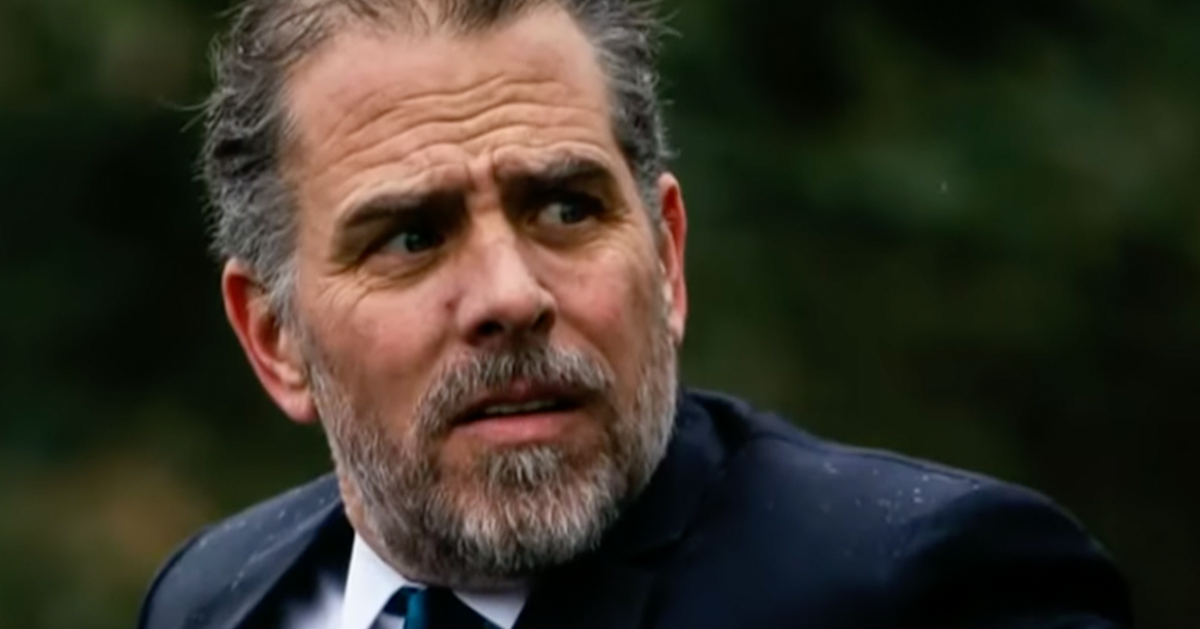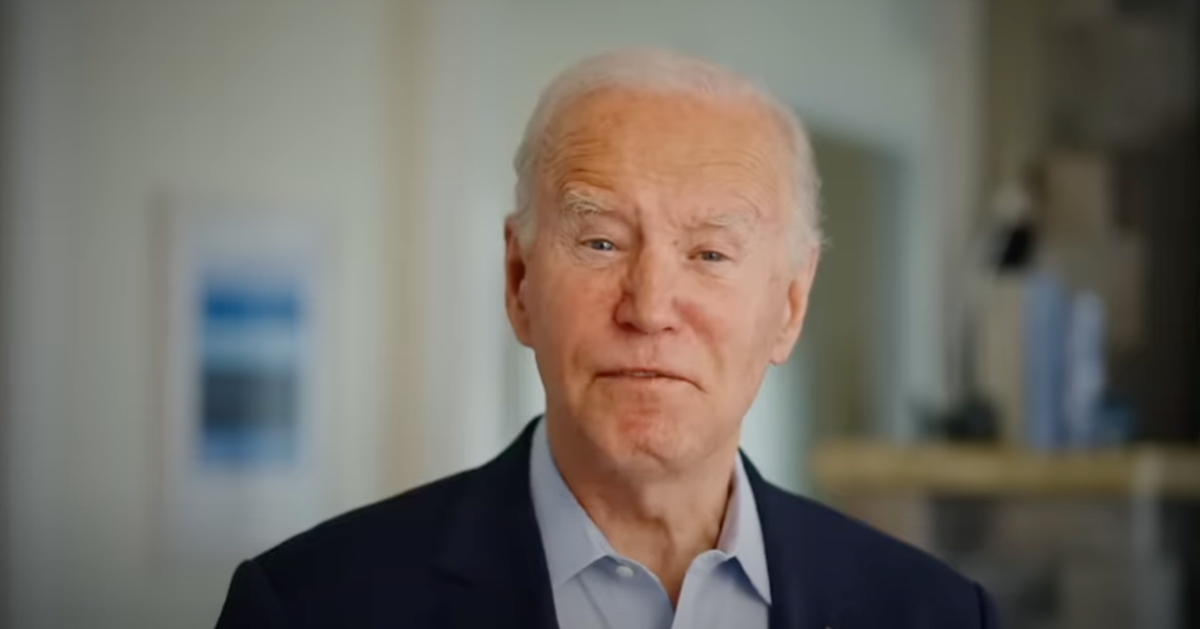Supreme Court Affirms Presidential Immunity For Official Acts
Supreme Court’s Conservative Majority Influences Decision
Trump, who appointed three of the justices currently serving on the nine-member court, benefits directly from this ruling. The Supreme Court's conservative lean was evident in the majority opinion penned by Chief Justice John Roberts.
Roberts wrote that the President 'is not above the law,' but stressed the need for immunity concerning official acts to protect the executive branch's functionality.
The dissenting opinions, particularly from Justices Sonia Sotomayor and Ketanji Brown Jackson, argued that this ruling risks granting excessive power to the presidency, potentially undermining the democratic principles of accountability and equality before the law.
Dissenting Justices Warn of Implications for Democracy
Justice Sotomayor was vocal in her dissent, asserting that the ruling could make the President akin to a 'king above the law.' She illustrated her point with extreme hypothetical scenarios where a president could escape criminal liability for acts like ordering assassinations or staging a coup.
Justice Jackson echoed these concerns, emphasizing that the ruling could irreparably harm the fundamental principle that no individual is above the law, including the President.
The implications of this decision extend beyond Trump, setting a precedent that could influence the scope of presidential power and accountability for future administrations.
Political and Public Reactions to the Supreme Court Ruling
Following the announcement, Trump lauded the decision as a 'big win for our constitution and democracy,' emphasizing his satisfaction and relief given the ongoing legal battles he faces.
The Biden campaign, however, pointed out that regardless of the legal interpretations, the events of January 6, 2021, remain unchanged and are a direct consequence of actions taken by Trump and his administration.
The public and political reactions are mixed, with some viewing the ruling as a necessary protection of executive function, while others see it as a dangerous expansion of presidential power.
Future Implications and Ongoing Legal Battles
The ruling redirects the trajectory of several lawsuits against Trump, including those related to the January 6 Capitol riots. Trump's trial concerning these matters could start as soon as September, coinciding with the 2024 election campaign's kick-off.
This decision does not mark the end of Trump’s legal troubles. It instead defines a narrow path through which he can be prosecuted, based on a precise definition of what constitutes an 'official act.'
The complexity of distinguishing between official and unofficial presidential actions is likely to engender further legal debates and potentially, additional Supreme Court cases.
In conclusion, while the Supreme Court has ruled that a sitting or former president can have immunity from prosecution for certain actions deemed official, the full impact of this decision will unfold as Trump faces ongoing legal challenges. The court has set the stage for a nuanced interpretation of presidential powers, which will continue to evolve through future judicial proceedings.






